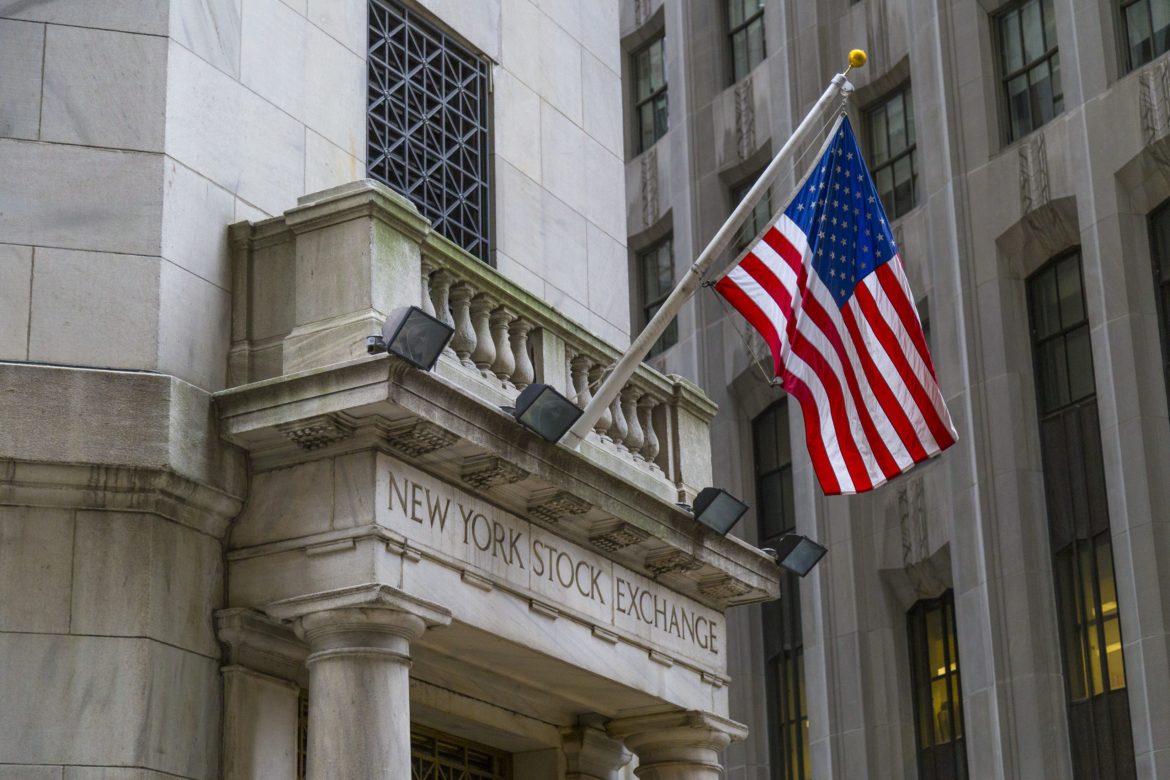Starwood Property Trust (STWD) stock price has moved sideways in the past few months as investors focused on interest rates and the Commercial Real Estate (CRE) industry. It was trading at $20 on Friday, a few points below the all-time high of $20.64.
STWD has risen by 26% in the last twelve months, outperforming the Blackstone Mortgage (BXMT), which has jumped by 5%. It has also done better than Ladder Capital, which has risen by 20% in this period.
What is Starwood Property Trust?
Starwood Property Trust is a financial services company managed by Starwood Capital Group, which has over $115 billion in assets under management. It was established in 2009 to provide financing to companies in the real estate industry.
In this time, it has deployed over $98 billion in funds and has a portfolio worth over $26 billion. Its portfolio is made up mostly of a floating-rate loan portfolio, meaning that its clients pay more interest when interest rates rise.
Starwood and other companies in the industry like BXMT attract investors who are interested in their dividend payouts. In its case, it has constantly had a dividend yield of over 10%, meaning that a $10,000 investment will likely deliver $1000 in annual gross payouts.
Starwood, i, however, different from other companies in the industry like Blackstone Mortgage because it focuses on a hybrid business model. In addition to providing loans, the company does much more.
It provides infrastructure lending, where it originates, acquires, finances, and manages infrastructure debt investments. It also acquires and manages equity interests in stabilized CREs in the commercial and multifamily segments. Starboard also does real estate investing and servicing.
Most of its business is in commercial loans, which account for about 57% of all its portfolio. The others are in residential, infrastructure, and owned property.
Read more: BXMT: Is Blackstone Mortgage Trust a good dividend stock?
Starwood earnings ahead
Starwood Property Trust and other companies in the industry have struggled in the past few years because of higher interest rates and higher vacancy rates. A key concern among investors was on the much-talked-about wall of maturities in the CRE industry.
Starwood mostly offers its loans on floating rates, meaning that it has benefited from higher interest rates by the Federal Reserve. However, higher rates are a double-edged sword for the company because it borrows capital to make its investments.
As a result, while its total interest income has jumped from $800 million in 2019 to $1.88 billion in the trailing twelve months (TTM), its interest expense has moved from $512 million to $1.4 billion in interest expense. As a result, its net interest income has grown from $288 million to $444 million in the same period.
The most recent results showed that its revenue in the commercial and residential lending segment came in at $393 million. Its infrastructure lending brought in $65 million, while the property and investing and servicing had over $15 million and $55 million. Its net income was over $77 million.
The next important catalyst for the Starboard Property Trust stock will be its earnings, which are scheduled for November 6. These numbers will provide more information about the company’s business across all the segments.
Analysts expect the company’s revenue to come in at $517 million, a small drop from the $521 million it made in the same period last year. For the year, analysts expect the revenue to be $2.08 billion, a small increase from the $2.05 billion last year.
Analysts are optimistic about the company’s stock, with the average estimate being $23, higher than the current $19.89. The most optimistic analysts are from KBW, JPMorgan, and Wells Fargo.
Starwood Property Trust stock analysis
STWD chart by TradingView
On the daily chart, we see that the STWD share price has moved sideways in the past few months, and is hovering near its all-time high. It is also hovering at the 50-day and 25-day Exponential Moving Averages (EMA).
However, the stock is also forming a rising wedge pattern, a popular bearish reversal sign. The MACD and the Relative Strength Index (RSI) have formed a bearish divergence pattern. Therefore, the stock could have a bearish breakout in the coming months. If this happens, the next point to watch will be at $17.54, its lowest point in May.
The post Starwood Property: STWD could reverse as risky patterns form appeared first on Invezz

